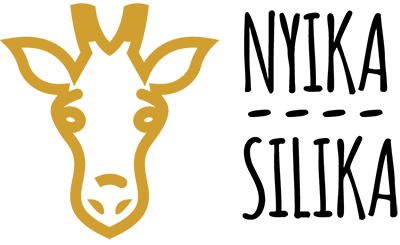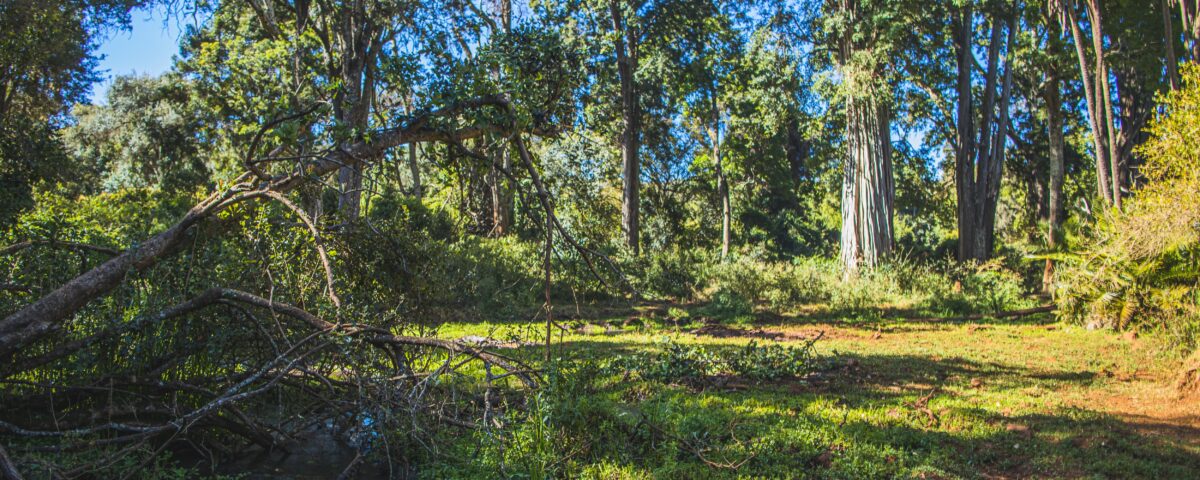It’s Not About the Forest

Discussions on Loss and Damage Compensation and why Climate Financing must be Accelerated
22nd September 2022
Action!
25th October 2022Every time I listen to The Diary of a CEO podcast, how I think is constantly challenged. The conversations make me examine my current or past circumstances. It was indeed quite timely when I listened to the latest podcast. This episode made me think about the current environmentally discussions that have happened in a span of one month (September 2022) and how I can choose to think and act about them moving forward by listening to everyone’s opinions whether I agree with them or not.
It was meant to be a rant
Before today, this article was meant to be a rant about trees and forests. A tirade about our leaders and the short-term actions they are taking to solve long-term problems. To also rant about what is being depicted by the local media. Recently, the newly elected Governor of Nairobi pruned a tree to get rid of Marabou Storks. According to him, they were causing so much havoc to people’s cars and the road. Masking these properties with urea. It was not a good day. Social media was up in arms – both in solidarity and in discord about what was happening.
Even before we could breathe, a video made rounds on social media on the newly elected Deputy President’s misquoted statement on reintroducing the Shamba System. Another battle on social media ensued with netizens sharing their opinions and expertise on what they thought on the matter. It’s never a dull day in Kenya if you ask me. There is always something happening. All this can lead to so much mental fatigue and anxiety, especially for anyone who is sensitive and emotional. In these moments I choose to take a step back. Take a social media break. Analyse the situation. Educate myself on what I don’t know. His Excellency clarified his statement but more needs to be done on the decimation of information including public participation.
Even if we are right and the other person is wrong
You may have been asking yourself, why are people who have been elected to lead the country in various capacities in public offices having such unsophisticated thoughts (but are they really unsophisticated. They could just be saying what you don’t want to hear)? Are they seeking the needed advice from the respective departments before extreme measures are taken? Does what they say goes even though we have a constitution and procedures that enable accountability and transparency?
In my opinion, it could be a lack of access to information. Not just in the leaders but in the society and citizens as well. A quick look at the social media comments on the two incidents opens up an insight to thousands of Kenyans who are not aware. What can be done instead? What is the history of the Shamba System or the Plantation Establishment and Livelihood Improvement Scheme (PELIS)? Why was the ‘shamba system‘ discontinued? Can it be reinstated? Not forgetting the ecological importance of wild animals and indigenous forests for humanity.
Reminder: We are a part of nature
It’s quite unfortunate that nature, of whom we are a part of, is not recognised. But why? Are local scientists not communicating about this as best as they could on the pros and cons of certain structures such as the ‘Shamba System’?
According to Farwiza Farhan, who was recently named on the 2022 Time Next list, in her TED Talk, she stated: “by conserving species, conserving resources, conserving water, we enable that platform for healthy ecosystems which will support our own well-being and for generations to come.”
One of the reasons why I drifted from following the research aspect as a career path is because of instances like this. Where simply sharing ecological information is crucial for everyone to understand. I could have chosen to write about why the Shamba System will not work or why the system could work if properly implemented. But sometimes we need experts on this to talk about it. There are always two sides to this and we must take into consideration all opinions, even if we don’t want to listen because they do not align with our values and beliefs.
It’s so tempting to lash out on social media with our personal views on a matter without even thinking about it. In most cases, anger will drive you to do that. You can even choose to block or mute such conversations because you do not agree with them or choose ignorance. The chances of you making progress are limited. It will be an internal conflict and negativity will arise.
Choose to listen
However, what if we choose to listen? Agree and disagree with what is been said or done. The best time to do it is now. Think of it like having new leaders hence it’s an opportunity to steer all of us in the right direction whether we voted for them or not. It’s five years where we could choose to suffer and choose not to have discussions or become allies because this country belongs to us. We can coexist side by side with whom we disagree. It could be five years for a country that seeks to scale global fronts in alignment with the 2030 Sustainable Development Goals. It could be five years where the forest cover is reduced, habitats are destroyed, water becomes a more precious commodity, wildlife is lost and our economy sinks because we choose not to agree or listen.
“If we just dismiss people we don’t approve of or people we don’t like, we don’t learn very much at all.” – Julian Treasure
If we understand how people including our leaders think as they do, we can try to change their opinion subtly if we must. We are all human beings with different views. Not everyone understands ecological concepts as much as you do. Not everyone understands the impact of what they say or do in the public. We can try to understand each other and listen to our different opinions. We can all grow and have a positive impact out of it all. Maybe they are wrong – but do they know it? Maybe we are wrong as well. And maybe we aren’t doing enough to foster collaboration through dialogue.
Stay positive
I could choose to be pessimistic. Think about how no one is listening to scientists. Wonder if we are about to lose what has been established and worked in the past decade. I could choose to think that being an environmentalist in this country is going to be a difficult task. However, what if I choose to listen and continue to share information – insightful and educational content and share my opinions?
My views could be based on the knowledge and experience I have about nature. The most important aspect would be to try to see things from the other person’s point of view. Also, go off social media and don’t share fake news. Reconnect with nature more often. If not, we will keep blaming the government yet we have the power to hold our leaders accountable and demand answers. They must remain transparent at all times, especially in this decade where news, whether positive or negative, moves quite fast – the same way climate change is accelerating. Hopefully, our leaders will refrain from making silly, egotistical, absurd announcements in public.
Featured image of a section of Ngare Ndare Forest © Anthony Ochieng/ TonyWild
Edited by Lulu Mandi




